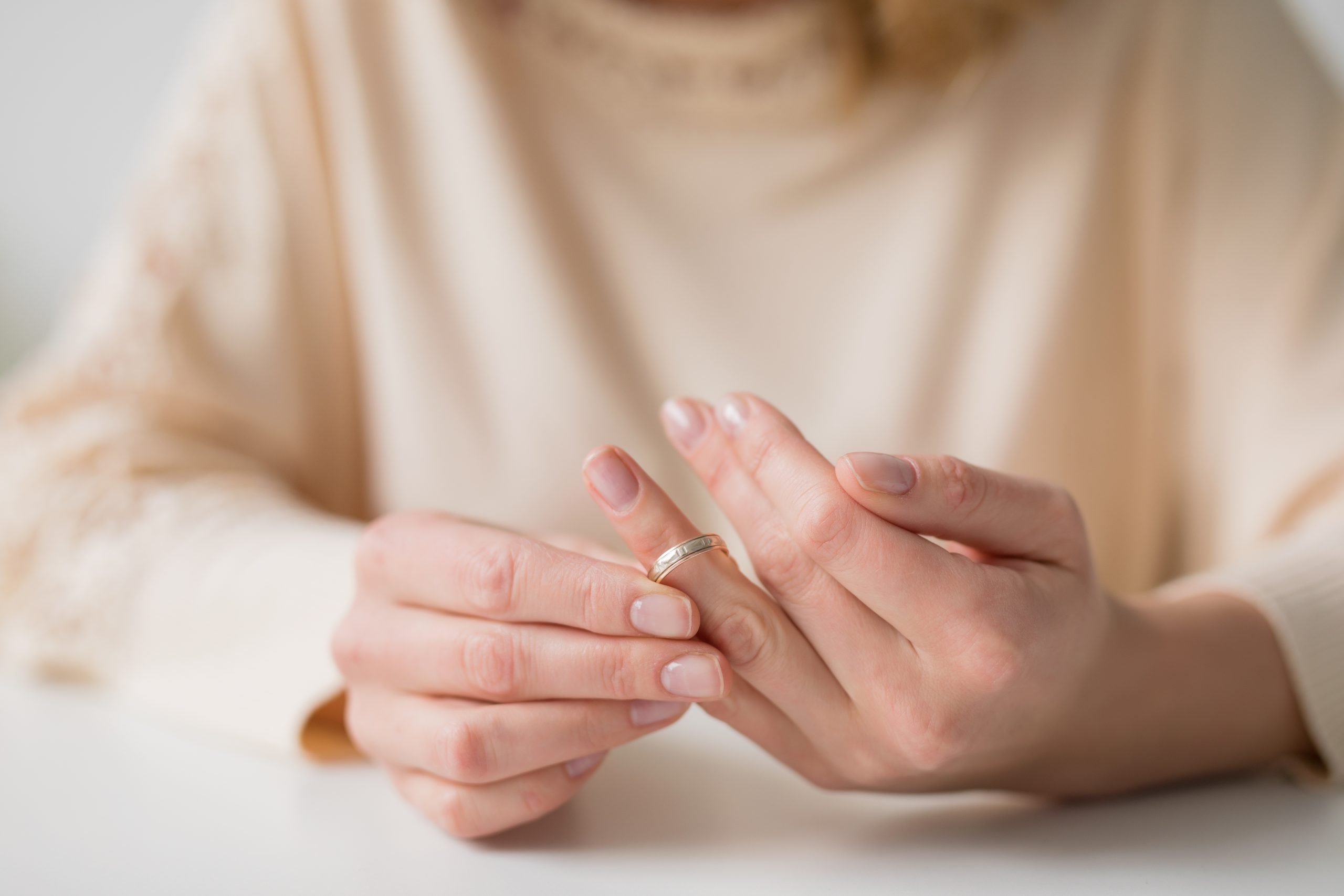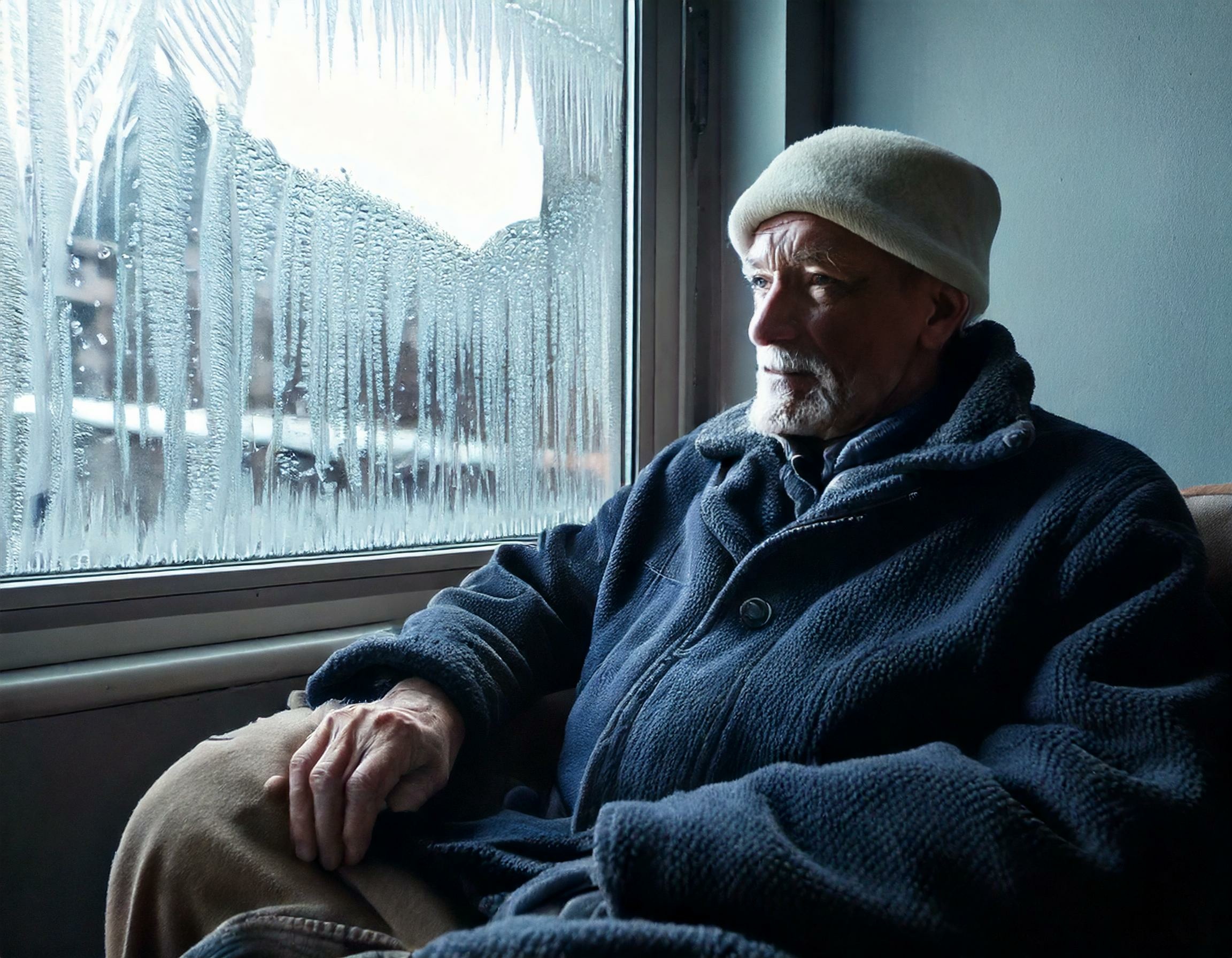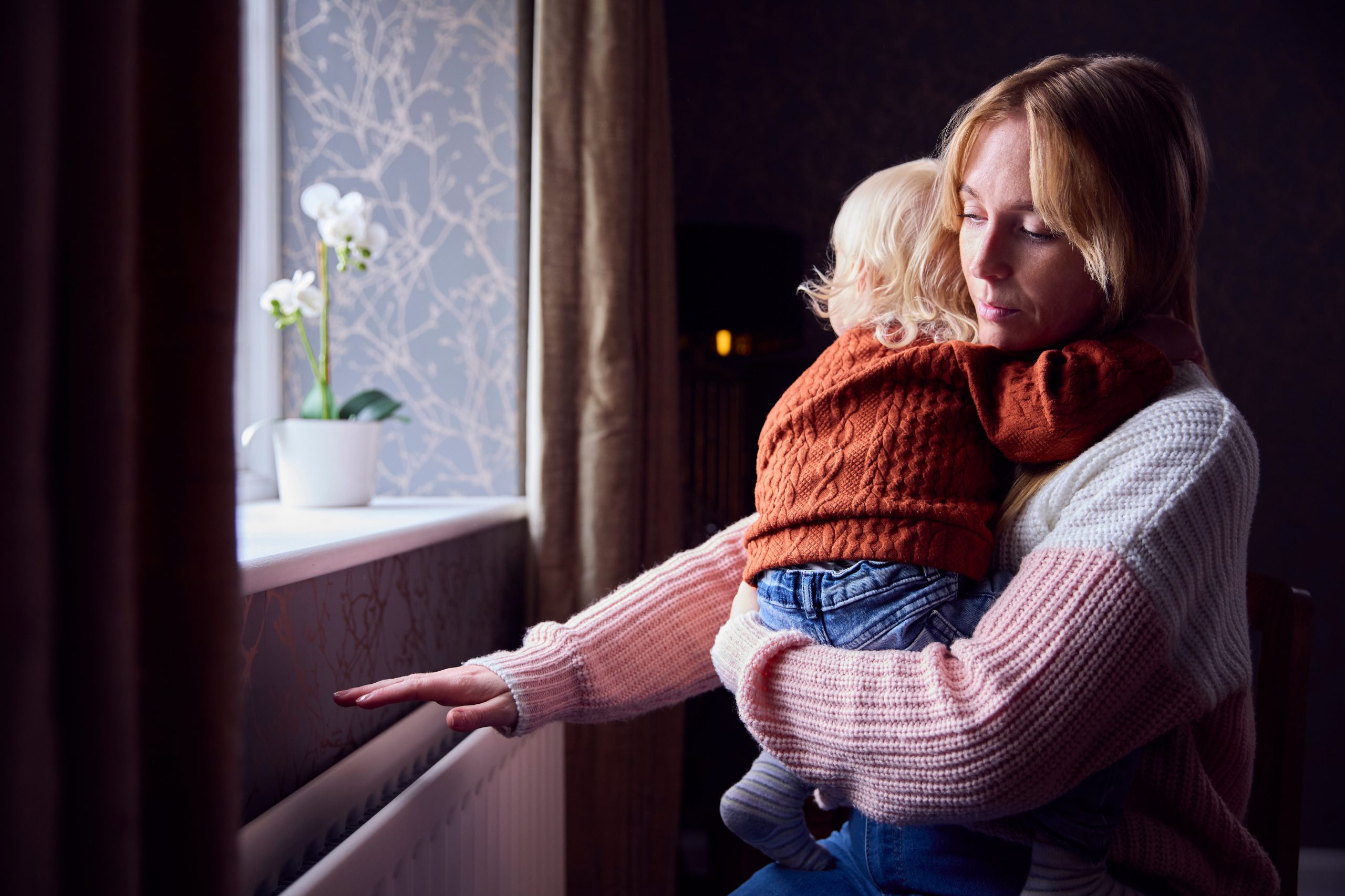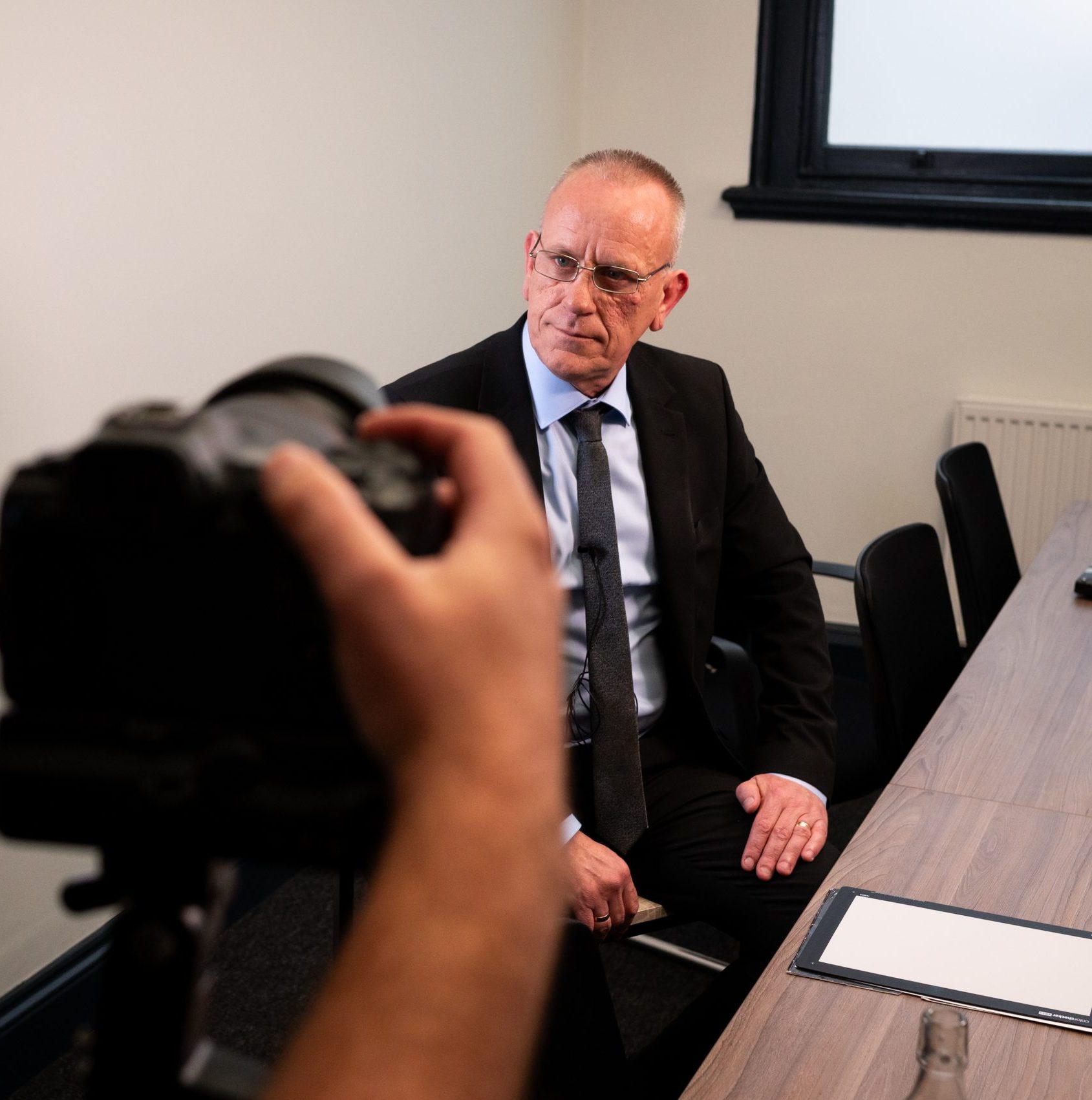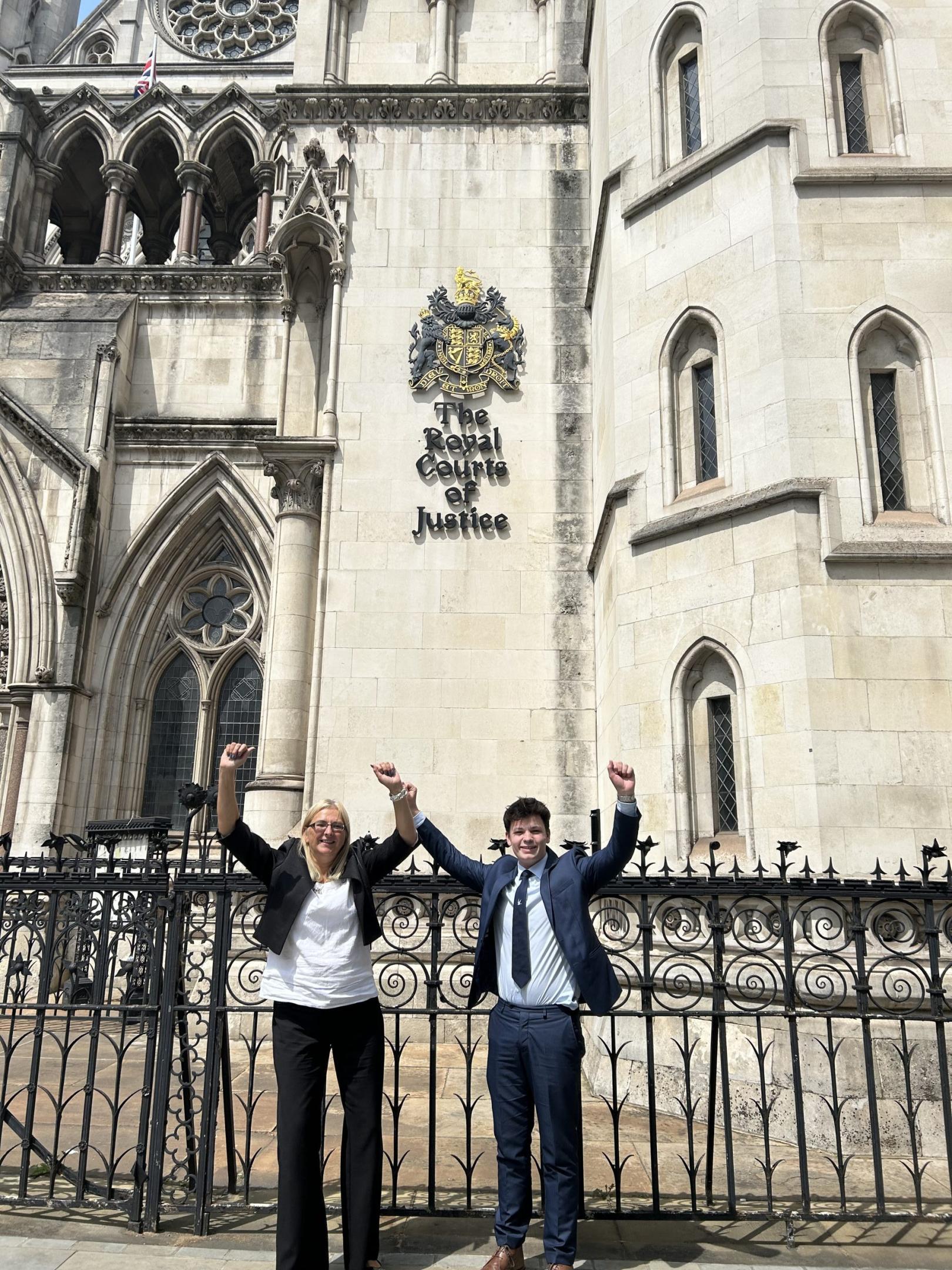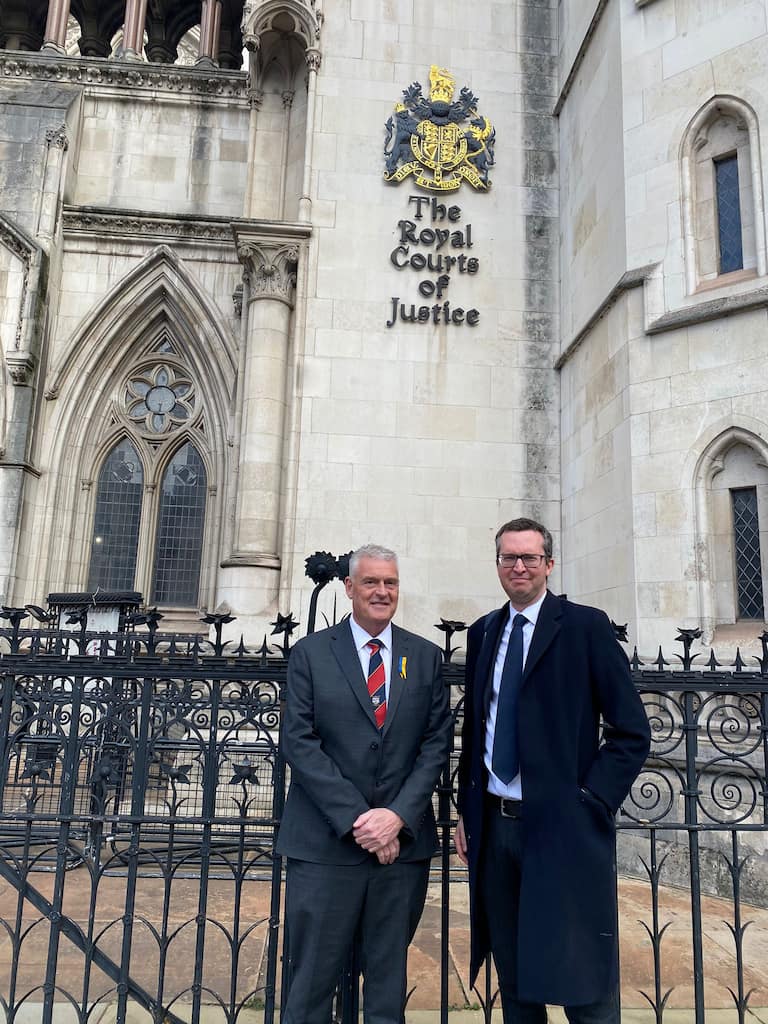Valentine’s Day is often seen as a celebration of love and romance, but for many couples, the reality of their relationships might tell a different story. In the UK, divorce rates typically see an increase after the Valentine’s Day and there is now a well-documented and interesting trend related to Valentine’s Day.
Divorce rates in the UK have been steadily declining over the last decade, yet they remain high by historical standards. According to the Office for National Statistics (ONS), approximately 42% of marriages in England and Wales end in divorce. However, recent data suggests that the likelihood of divorce increases after significant dates like Valentine’s Day. This is thought to be a combination of factors, including the pressure of high and unmet expectations around supposedly key romantic dates and the emotional reflection that follows.
An observation is that the weeks immediately following Valentine’s Day see an uptick in divorce inquiries. Traditionally January and February are typically considered “divorce months,” with many couples evaluating their relationships after the Christmas and New Year festive period. The romanticised expectations of Valentine’s Day can serve as a catalyst for individuals to reflect on their marriages, sometimes leading to a decision to separate.
Divorce applications often spike after Valentine’s Day as already unhappy couples come to a breaking point, sometimes triggered by differing expectations and feelings of disconnection. This, combined with the societal and financial pressures surrounding these sorts of celebrations supposedly dedicated to love, contributes to a noticeable increase in enquires and consultations with family solicitors during this time.
Despite the increase in divorce rates post-Valentine’s Day, it’s important to note that the trend in the UK indicates a shift in marriage patterns overall. People are waiting longer to marry, putting in place pre-nuptial agreements as standard and couples are more likely to seek counselling or attempt reconciliation before divorcing.
In conclusion, while Valentine’s Day remains a celebration of love for many, it can also serve as an important point of reflection for others. This makes February an interesting period for couples in the UK.


